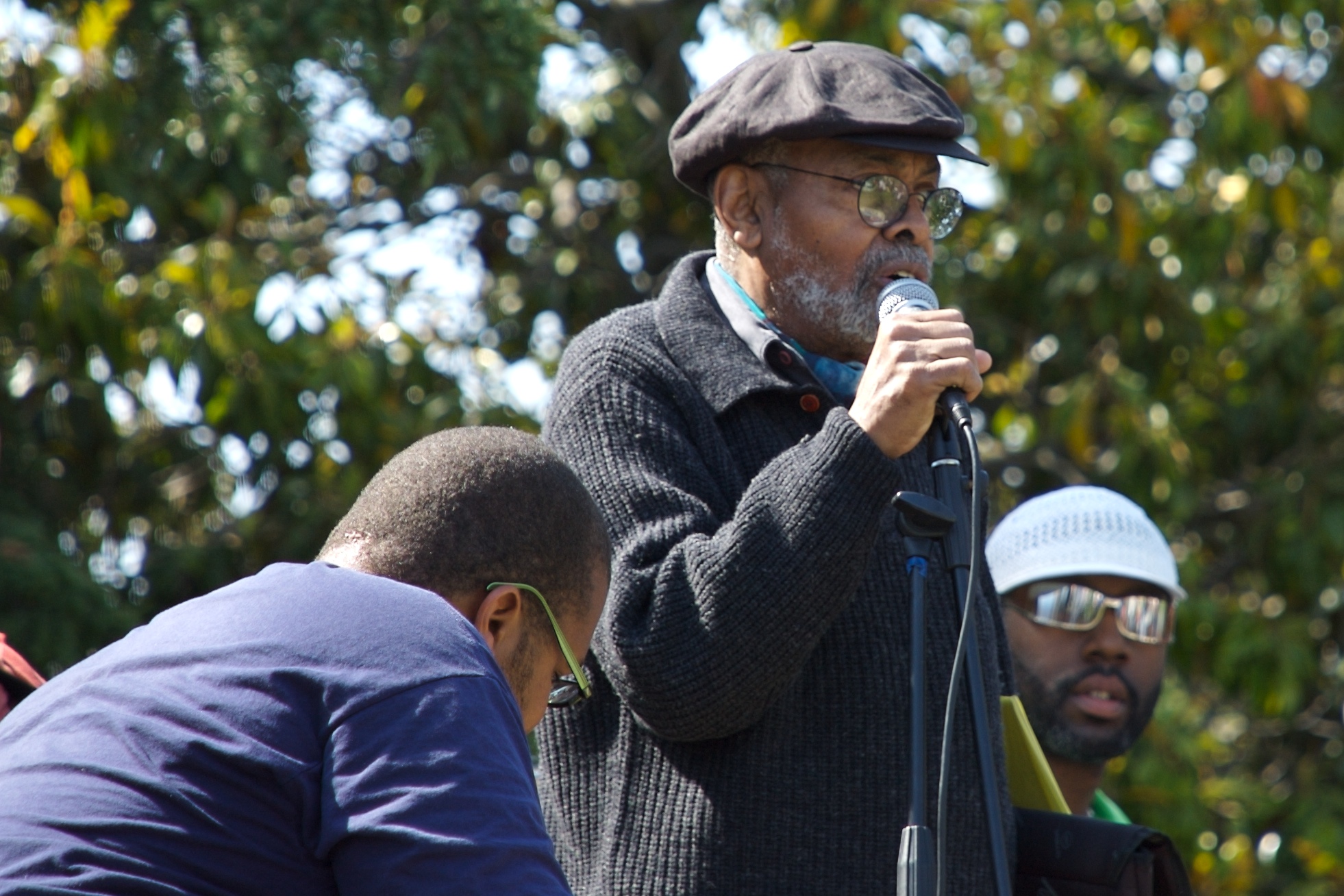Negro Digest, vol. 14, no. 6 (April 1965), p. 65
Amiri Baraka: Cytaty po angielsku
On his bohemian status in “Remembering Activist Poet Amiri Baraka” https://www.npr.org/2014/01/10/261379770/fresh-air-remembers-activist-poet-amiri-baraka in NPR (2014 Jan 10)
On the state of Black Art in https://www.sampsoniaway.org/interviews/2014/01/10/in-memoriam-an-interview-with-the-late-amiri-baraka/
On how art might turn “dangerous” if it becomes too political in “In Memoriam: An Interview with the Late Amiri Baraka” https://www.sampsoniaway.org/interviews/2014/01/10/in-memoriam-an-interview-with-the-late-amiri-baraka/ in Sampsonia Way (2014 Jan 10)
The idea that Western thought might be exotic if viewed from another landscape never presents itself to most Westerners.
Blues People: Negro Music in White America (1963), p. 8
